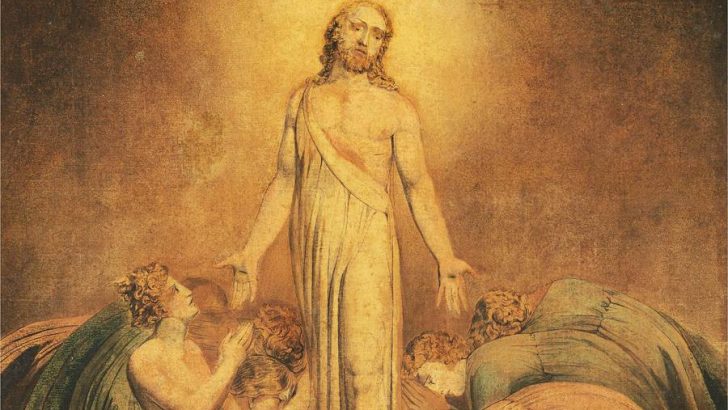Questions of Faith
Easter is a very special time in the liturgical calendar, in fact, out of all the events Catholics celebrate, Resurrection Sunday is undoubtedly the most important. This is because on this day, Christians remember that after three days of death following his crucifixion, the Son of God rose from the dead fulfilling God’s promise that love prevails over sin.
The Resurrection of Jesus is the fulcrum of the Faith, and without it, Christianity would cease to be. Indeed, St Paul notes in his letter to the Corinthians that if Christ has not been raised, then our faith is in vain.
These strong words remind us that at the very heart of our religion is a miracle, which so shook up the world that nothing has been the same since. But how rational is it to believe that the Resurrection miracle is actually true? Are there good grounds in thinking that the Gospel story is rooted firmly in history?
In answering this question, it’s firstly important to point out that the existence of miracles presupposes the existence of God. In other words, if God exists, then it follows that miracles can exist too. So, once one accepts that there are logical and good reasons to believe in God, as Catholics do, then it’s also logical and reasonable to believe that miracles can occur.
Argument
While this argument makes the case that miracles are feasible, it doesn’t do much in telling us whether the miracle of Jesus being raised from the dead actually happened – but rather just gives us a general insight into the possibility of miracles.
There aren’t any good theological reasons to think that the Resurrection story is fabricated – if God can create the world out of nothing, then raising a man from the dead is a walk in the park.
For the most part, common objections to the Resurrection are based on the idea that the Gospels aren’t reliable and that they don’t record actual historical events.
The problem with this argument is that most historians agree that: (1) Jesus was buried in a tomb; (2) on the Sunday after his crucifixion, his tomb was found empty by a group of female followers; (3) individuals and groups reported seeing the risen Jesus at different points; (4) the disciples came to believe that Jesus rose from the dead.
There is no doubt that these events occurred, and were responsible for the emergence of Christianity. Alongside these historical truths, the fact that people were praying in Jesus’ name within a few years after his Resurrection and were becoming martyrs for the Faith, shows that it’s reasonable to believe in the miracle.
Many scholars have tried to argue that these four facts can be explained away in a wholly naturalistic way – that is, without mention of God. Some have suggested that grave robbers stole Jesus’ body, that there was a mass hallucination, or even that the story was elaborate lie. However, no compelling, atheistic explanation of what happened on those three days has ever been offered.
For Catholics, the answer is obvious: Jesus truly rose from the dead.


 Colm Fitzpatrick
Colm Fitzpatrick
